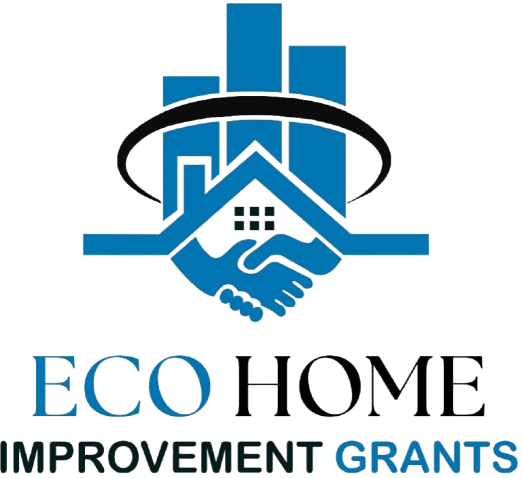Saving on Energy Bills
Saving on Energy Bills: Strategies for Reducing Costs
In today’s world, managing energy consumption is crucial not only for reducing expenses but also for contributing to a more sustainable environment. By implementing various energy-saving strategies, you can effectively lower your energy bills while also minimizing your carbon footprint. Here’s a comprehensive guide to help you achieve these goals.
Understanding Your Energy Consumption
Before you can start saving on energy bills, it’s important to understand how and where your energy is being used. Reviewing your utility bills and identifying peak usage times can provide insights into your energy consumption patterns. Many energy providers offer detailed reports and online tools that can help you track and analyze your energy usage.
Insulating Your Home
Proper insulation is one of the most effective ways to reduce energy bills. Insulating your home helps to keep it warm in the winter and cool in the summer, reducing the need for heating and cooling systems to work overtime. Focus on insulating key areas such as the attic, walls, floors, and windows. High-quality insulation materials, like foam boards or spray foam, can significantly improve energy efficiency.
Upgrading to Energy-Efficient Appliances
Older appliances can be major energy drains. Upgrading to energy-efficient models can lead to substantial savings on your energy bills. Look for appliances with the ENERGY STAR® label, which indicates that they meet specific energy efficiency standards. This applies to everything from refrigerators and dishwashers to heating and cooling systems.
Implementing Smart Thermostats
A smart thermostat allows you to manage your home’s temperature more efficiently. These devices can learn your schedule and adjust the temperature accordingly, reducing energy use when you’re not at home. Many smart thermostats also offer remote access via smartphone apps, allowing you to make adjustments even when you’re away.
Utilizing Energy-Saving Lighting
Switching to energy-saving lighting options, such as LED or CFL bulbs, can lower your lighting costs significantly. These bulbs use a fraction of the energy consumed by traditional incandescent bulbs and have a longer lifespan, reducing both energy and replacement costs. Additionally, consider installing dimmer switches and motion sensors to further optimize lighting usage.
Sealing Air Leaks
Air leaks around doors, windows, and other openings can lead to significant energy loss. Sealing these leaks with weatherstripping or caulk can help maintain a stable indoor temperature and reduce the workload on your heating and cooling systems. Regularly inspect and maintain seals to ensure their effectiveness.
Adopting Renewable Energy Sources
Investing in renewable energy sources, such as solar panels, can provide long-term savings on energy bills. Solar energy systems capture sunlight and convert it into electricity, reducing your reliance on traditional energy sources. Many governments offer incentives and rebates for renewable energy installations, making this an increasingly viable option for homeowners.
Managing Water Heating
Water heating can account for a significant portion of your energy bills. To manage this, consider lowering the thermostat on your water heater to 120°F (49°C), which is sufficient for most household needs. Additionally, insulating your water heater and pipes can reduce heat loss and improve efficiency. Using less hot water, such as by taking shorter showers or fixing leaks, can also contribute to savings.
Embracing Energy-Saving Habits
Small changes in daily habits can lead to noticeable savings over time. Turn off lights and unplug electronics when not in use. Use power strips to easily disconnect multiple devices at once. Opt for energy-efficient settings on appliances and only run dishwashers and washing machines with full loads.
Conducting an Energy Audit
An energy audit can help identify specific areas where your home is losing energy and where improvements can be made. Many utility companies offer free or discounted energy audits, which include a thorough inspection of your home’s insulation, heating and cooling systems, and other energy-related components. Based on the findings, you can make targeted improvements to maximize your energy savings.
